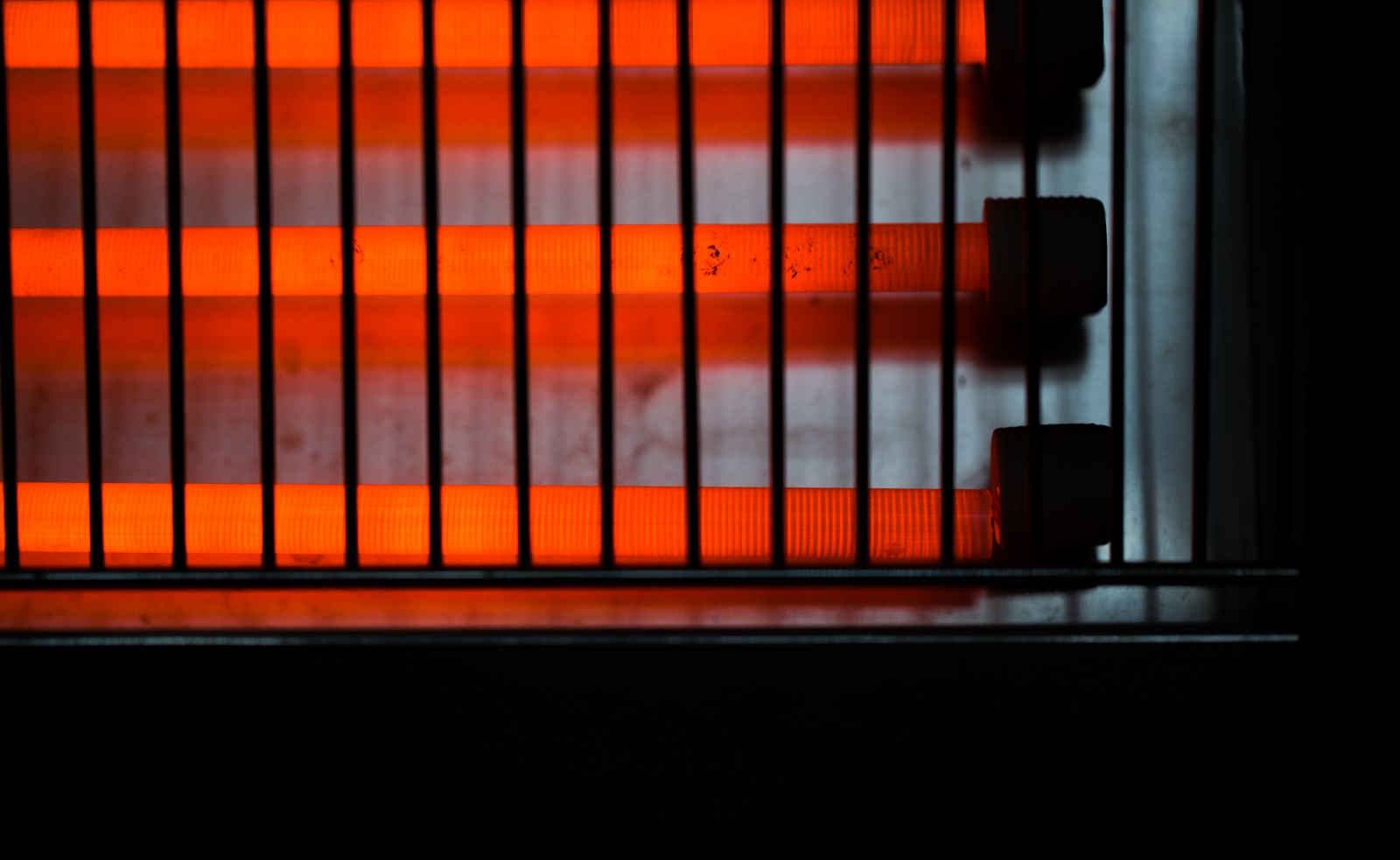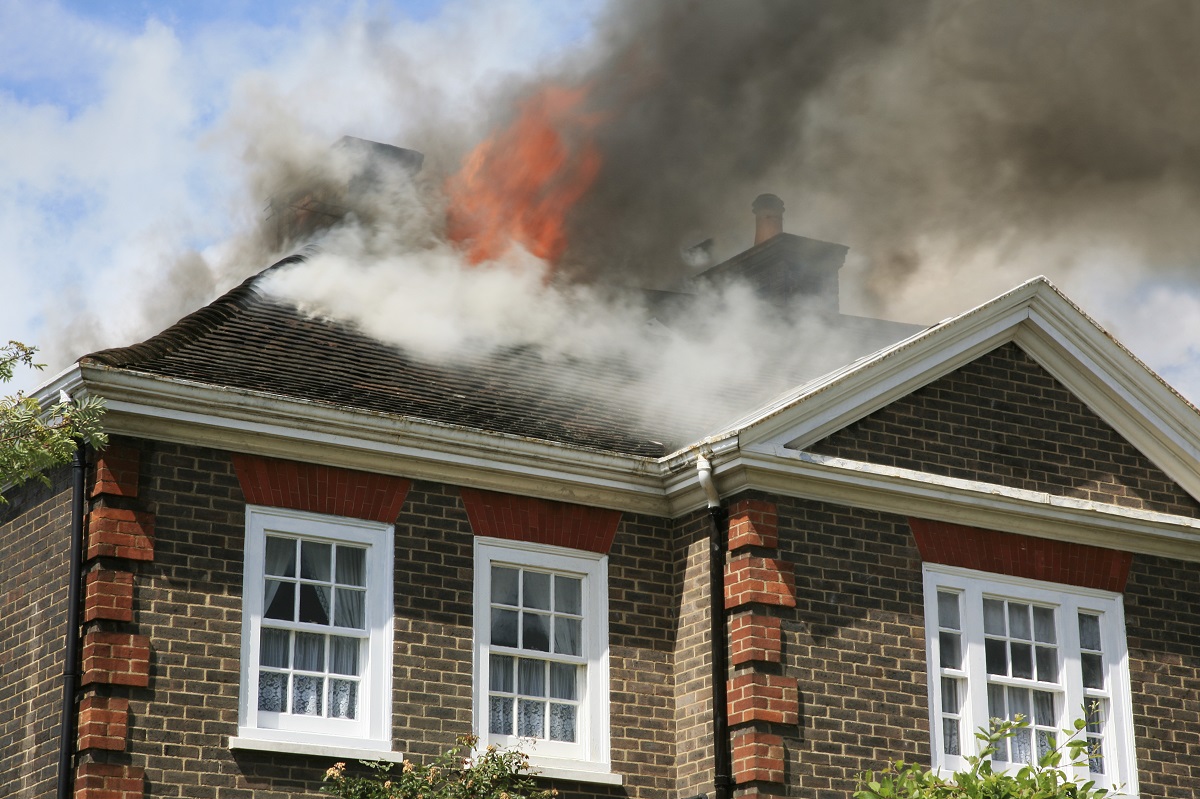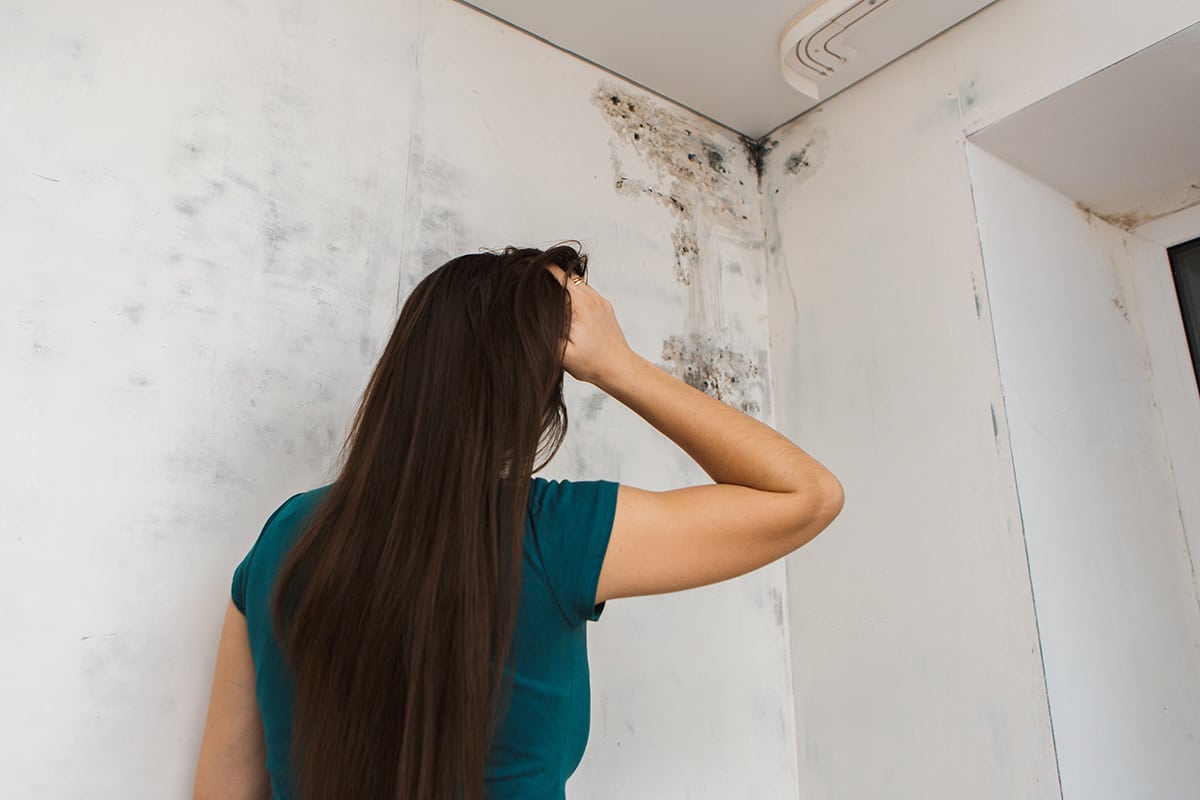As outdoor temperatures drop, people across the nation take measures to keep themselves and their loved ones warm this winter. This brings us to our problem — fire incidents involving heating equipment and the importance of learning space heater safety tips. Check out these disturbing statistics from the National Fire Protection Association (NFPA):
- Heating equipment is the second leading cause of home fires, behind cooking. Nearly half of all home fires occur in winter.
- An average of 52,050 fires involving heating equipment occurred each year in 2012-2016. These fires resulted in 490 civilian deaths, 1,400 civilian injuries, and $1 billion in direct property damage per year.
- The heating equipment most often involved in home heating fires are space heaters, which accounted for 40% of these fires.
- Space heater fires were highly destructive, resulting in 86% of civilian deaths, 78% of civilian injuries, and 54% of direct property damage — out of the total number of home heating fires.
Space heaters typically use large amounts of electricity, producing a lot of heat. Because of that, space heaters are a fire risk and must be used with extreme caution. Read and remember the space heater safety tips below.
Space heater safety tips
- Look for one that has the label of a nationally-recognized testing laboratory. These heaters have been tested to meet specific safety standards, and manufacturers are required to provide important use and care information to the consumer.
- Purchase a heater with a guard around the heating element. A wire grill or other protection is essential to keep fingers or fabrics from touching the hot element. Portable electric heaters that heat by circulating oil or water, however, usually have lower surface temperatures and may not need guards.
- Before using a heater, read the instructions manual. Follow the instructions for its operation and maintenance.
- Make sure that the heater, cord, plug, and outlet are not damaged. Never run cords under carpets or rugs, as this can damage them and cause a fire.
- Never use power strips or extension cords to power the heaters. Plug the devices directly into wall outlets. Don’t plug any other electrical device into the same outlet, to reduce the risk of overheating.
- If you must use an extension cord, make sure it is a heavy-duty cord marked with a #14 gauge or larger wire (#12 gauge is larger than #14 gauge). An incorrectly-sized cord may, itself, create a fire hazard. If the heater’s plug has a grounding prong, use only a grounding (three-wire) extension cord.
- Regularly check that the cord, plug, and wall outlet are not hot. If they are hot, unplug the heater immediately and have it checked by a professional.
- Always supervise the heaters while operating and unplug them when leaving the room or going to sleep. Portable electric air heaters are designed for use only as temporary supplemental heating and only while attended.
- Keep heaters at least three feet away from flammable materials like paper, trash bin, furniture, drapes or carpet.
- Even though electric space heaters do not have an open flame, the heating elements of some types of electric heaters are hot enough to ignite nearby combustibles. It’s also important to check surrounding objects periodically to see if they feel hot.
- Don’t use an electric heater as a dryer by placing clothing over it, and never use a heater to thaw pipes.
- Place heaters on a stable, horizontal surface (preferably on the floor) where it can’t be knocked over easily.
- Never operate heaters in high-humidity areas, such as the bathroom or kitchen, to prevent damage to the heater. Never touch the heater if your hands are wet, to reduce the risk of electrical shock.
- Always supervise children and pets when a heater is running and make sure they don’t get too close to it. Do not place the heater where children might play near it, or where people might trip over or bump into it. Don’t allow kids to either adjust the controls or move the heater.
- Keep the heater in safe, working condition. Replace missing guards and controls at once. Never operate a defective heater.
- Regardless of the type of heating system you have, install and maintain at least one smoke detector on each floor of your home.
For smoke cleanup & fire damage restoration, contact your local PuroClean office!
If a fire incident occurs, it’s important to call a professional restoration company, such as PuroClean. Every fire event produces thousands of carcinogens, which pose serious health risks to inexperienced restorers.
However, we can recognize these safety issues when dealing with smoke/soot contamination. Our technicians also have the training and equipment necessary to bring your property to pre-loss conditions. For professional fire & smoke damage restoration, call PuroClean, the Paramedics of Property Damage.




 PuroClean Restoration Services
PuroClean Restoration Services